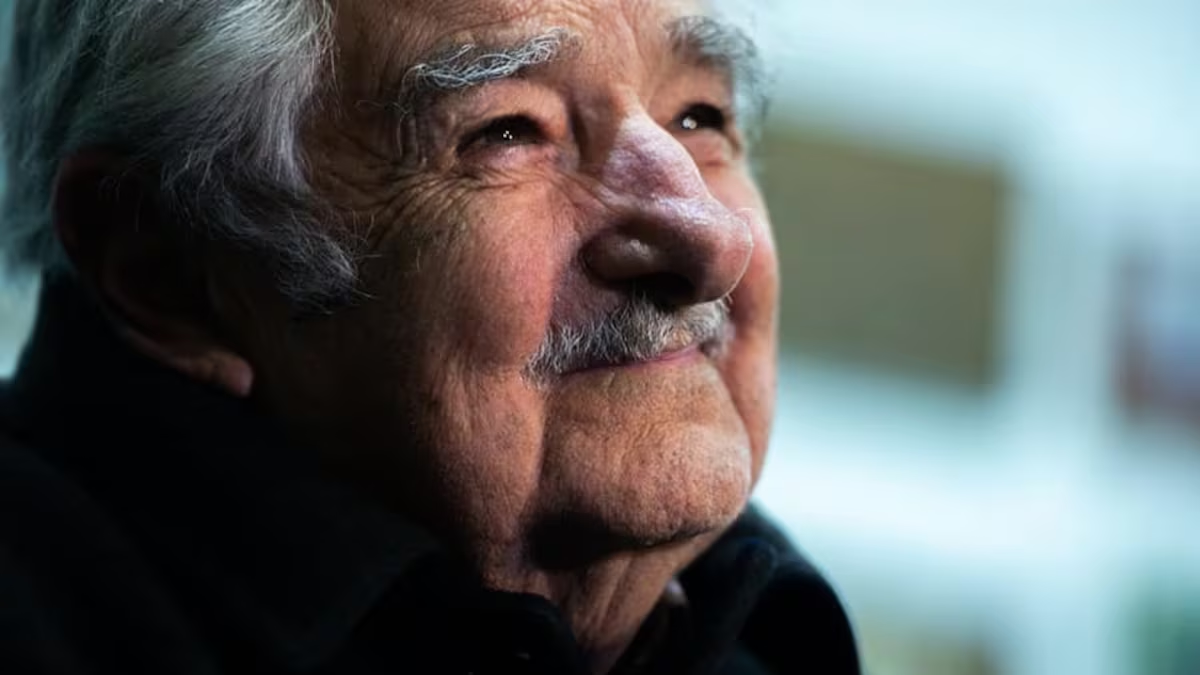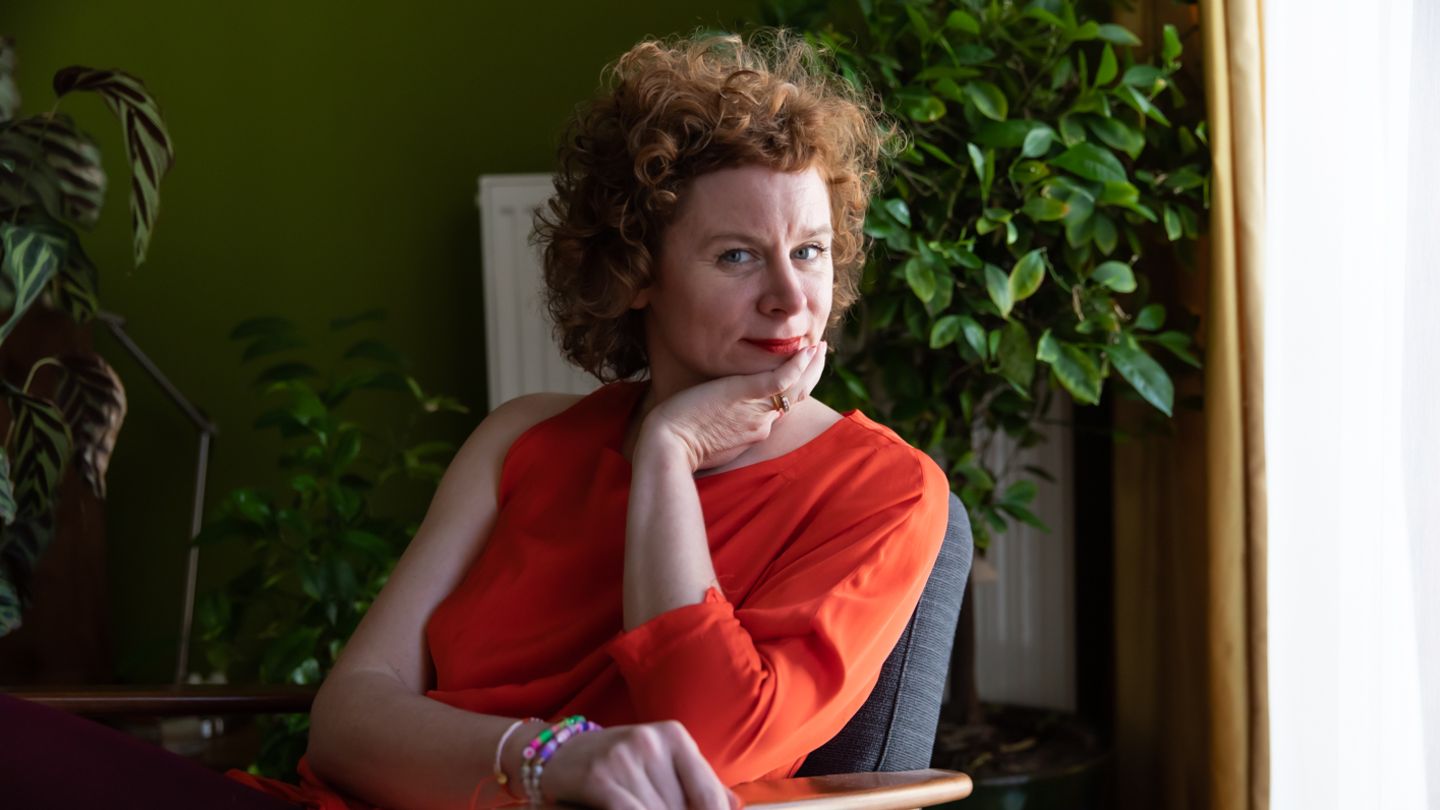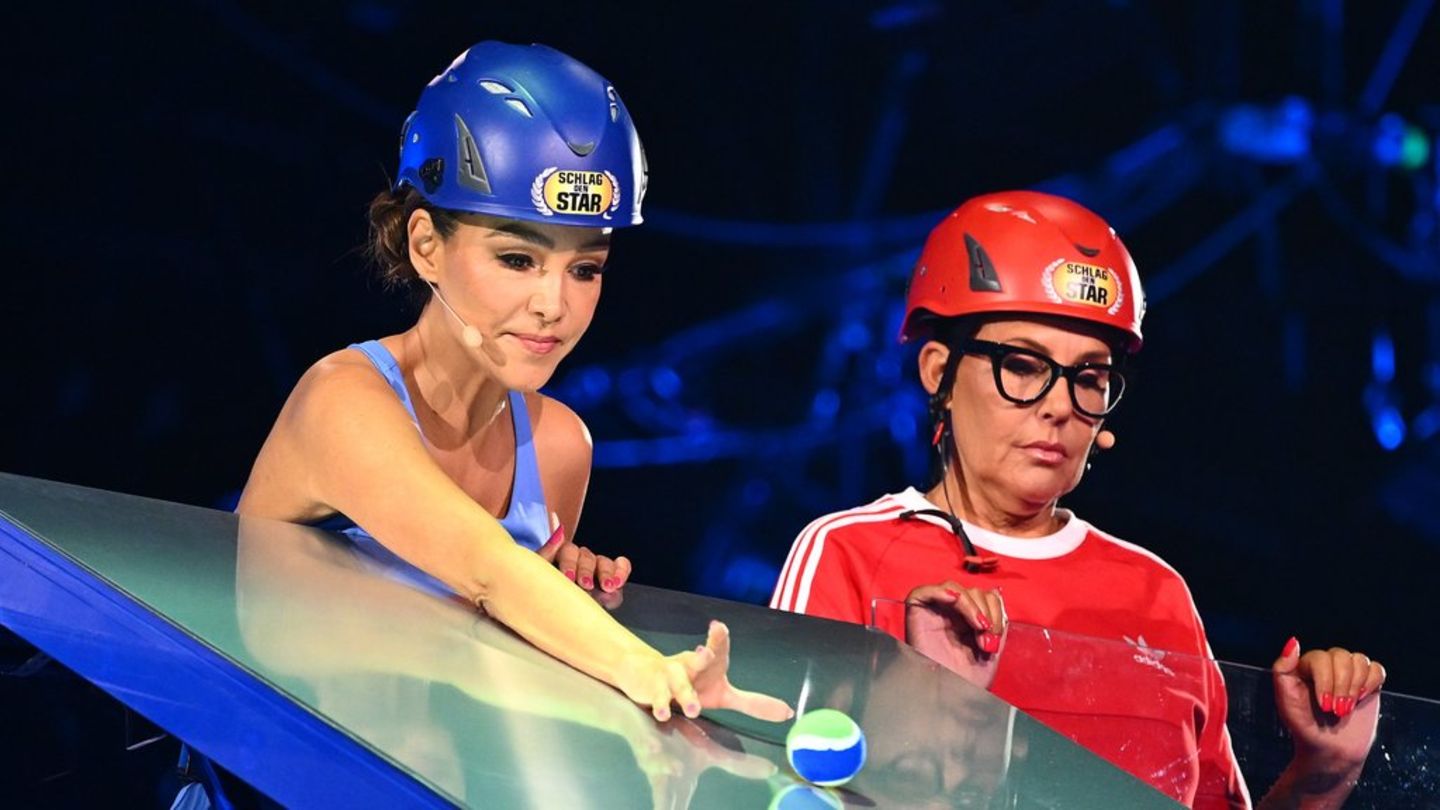The former president José Mujica, one of the emblematic leaders of the leftist Broad Front (FA)he died today at 89 years of age after his health was deteriorating as a result of a esophagus cancerwhich then extended to the liver.
A sample of greater aggravation in his state was the fact that he had not gone to vote on Sunday in the departmental electionswhere he saw his wife, the former vice president Lucia Topolanskywho in the last hours said the ex -president was “on the plateau.”
Mujica announced the worsening of his health on Thursday, January 9, when he made public the extension of esophagus cancer that he tried for much of 2024 to the liver. “I am dying,” he said then, when he also asked to let him move calmly the last stage of his life: “The warrior is entitled to his rest,” he said.
The historic leader of Popular participation movement (MPP) of the elected president Yamandú OrsiHe said he asked doctors not to “suffer from fart.” “Let me pichicate and when I have to die, I’m dying. That’s how simple,” he said. He also expressed his desire to be buried in his Rincon del Cerro farmnext to a large sequoia – abol that he cultivated a seed they gave him – where his dog is also buried Manuela.
José Mujica Tractor.jpg
Photo: EFE
“What I want is to say goodbye to my compatriots. It is easy to have respect for those who think like one, but we must learn that the foundation of the democracy It is respect for those who think differently. Therefore, the first category are my compatriots and I say goodbye. I give everyone a hug, ”said Mujica who, faithful to his style, did not miss the opportunity to propose a reflection on politics, even in what was his last public message.
Mujica’s life
Mujica announced that he suffered from esophagus cancer in April 2024 and soon began a radiotherapy treatment to combat the tumor, the only therapeutic alternative to the two chronic diseases that he also suffered. After the sessions that left it “undone”, and even in the middle of three hospitalizations within ten days in the early September, the former president remained active and present during the Electoral campaign That, finally, it resulted in a historical choice for the 609 list of the MPP and in Orsi as the winner of the Presidency.
José Mujica Banda Presidential.jpg
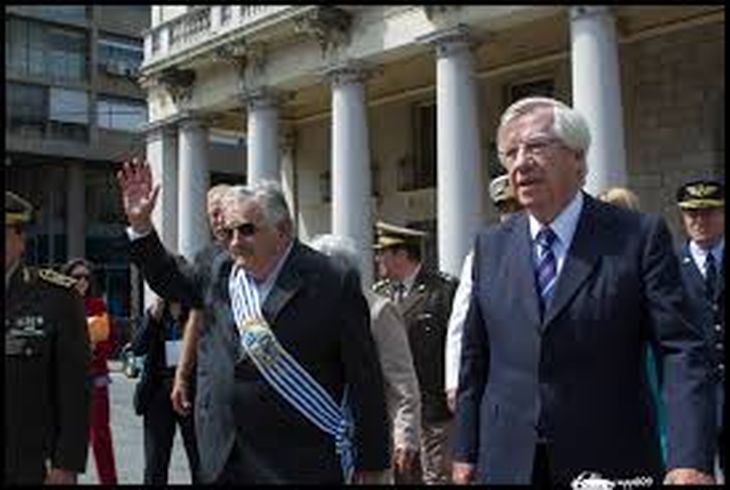
Photo: MPP
In this way, and as he had promised, he militated until the last moment, through presences in acts and, mostly, with interviews and participation in spots from his farm.
In addition to being a historic leader of both his sector and the Broad Front, Mujica was president of Uruguay Between 2010 and 2015. cataloged as one of the most progressive leaders of Latin America, Even among his contemporary peers of what was called the “big homeland”, in a wave of governments with leftist trends in the region; His government put the country at the forefront of individual rights with the decriminalization of abortionhe equal marriage and the regulation of cannabis consumption.
His professional political career began in 1989, when he was elected deputy and then, senator for the Frente Amplio. He also held the position of Minister of Livestock, Agriculture and Fisheries (MGAP) Between 2005 and 2008, during the first front government of Tabaré Vázquez. After finishing his mandate as the 40th President of Uruguay, He was chosen a senator again for two consecutive periods, although in October 2020 he resigned from his bank. “The pandemic has thrown me,” he said in the middle of the crisis for the COVID-19referring to the need to take care of an autoimmune disease that suffered and also complicated the fight against cancer.
José Mujica Guerrillero.jpg
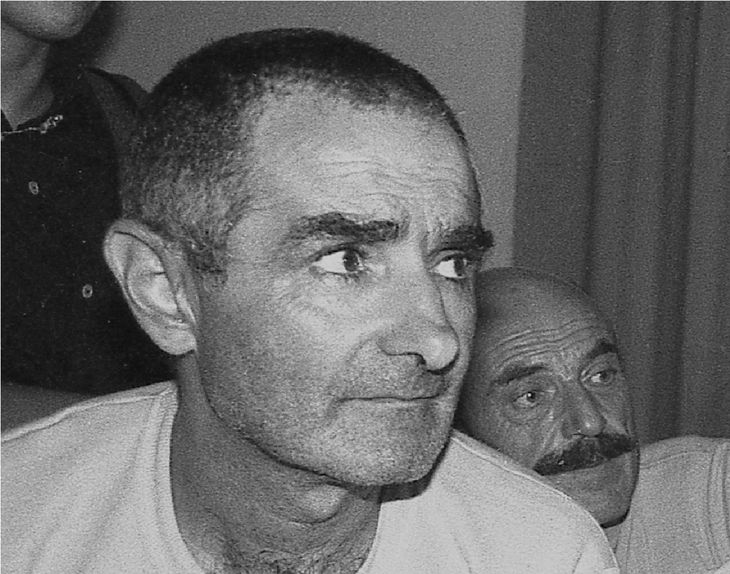
Photo: Getty Images
His political history began much earlier, in the 1970s with his militancy in the National Liberation Movement – Tupamaros (MLN -T)and for which he was a political imprison between 1972 and 1985, during the civic-military dictatorship, together with his wife Lucia Topolansky.
“I bathed with a glass of water and a trap like the desert people. And in absolute solitude, with some visit of my relatives once a month, of my mother particularly. It was hard,” he said in an interview many years later and acknowledged that from his arrest “he learned not to let himself be dominated by hate and fanaticism, and understand that there are accounts that are not charged and that you have to live forward.”
That moderate vision of the consequences of the dictatorship, which in his government resulted in the opposition to eliminating the expiration law, earned him several criticisms of organizations of relatives of the disappeared, with which he also poleminated in the last months of his life after affirming that there were false testimonies to imprison military.
Source: Ambito

